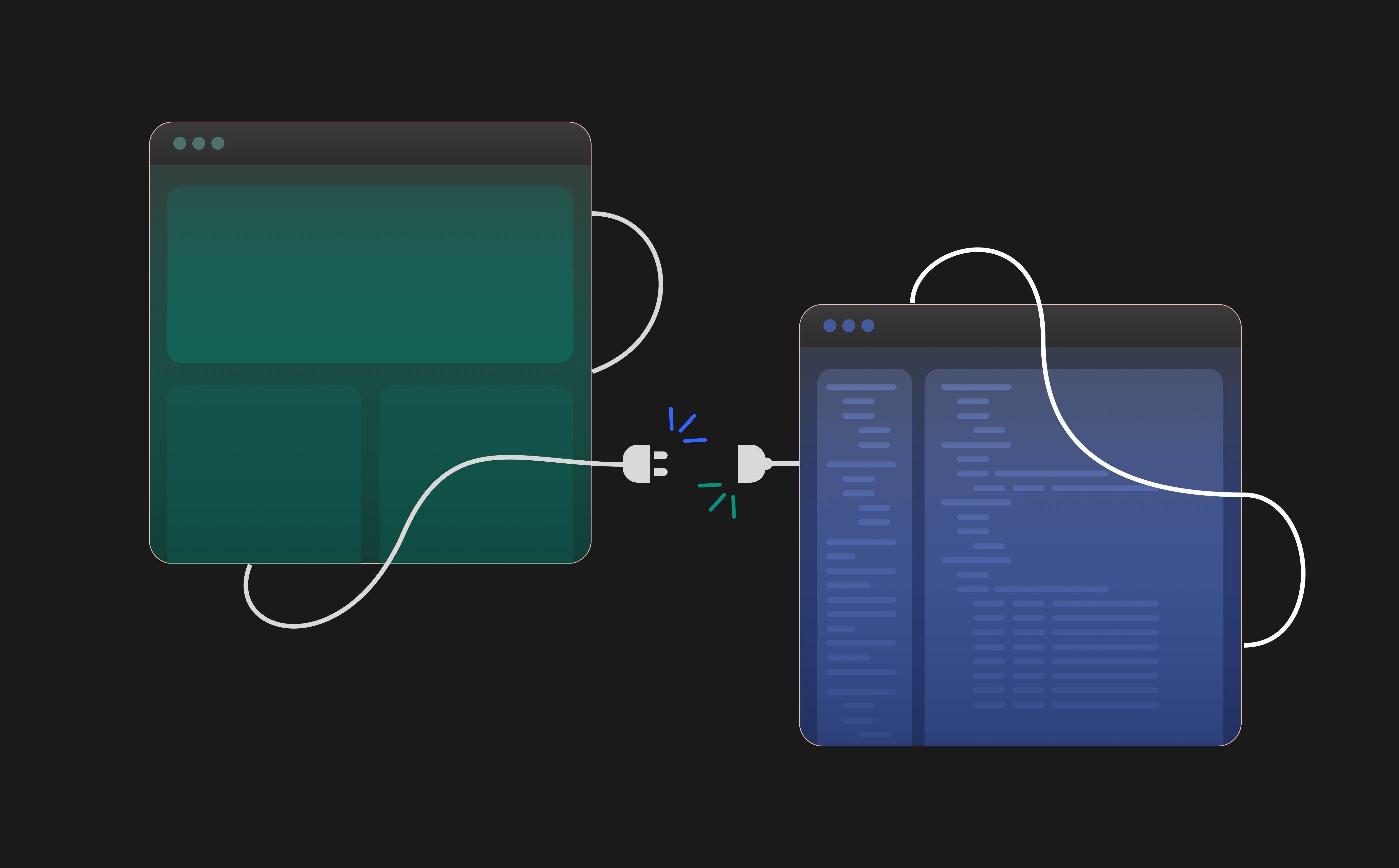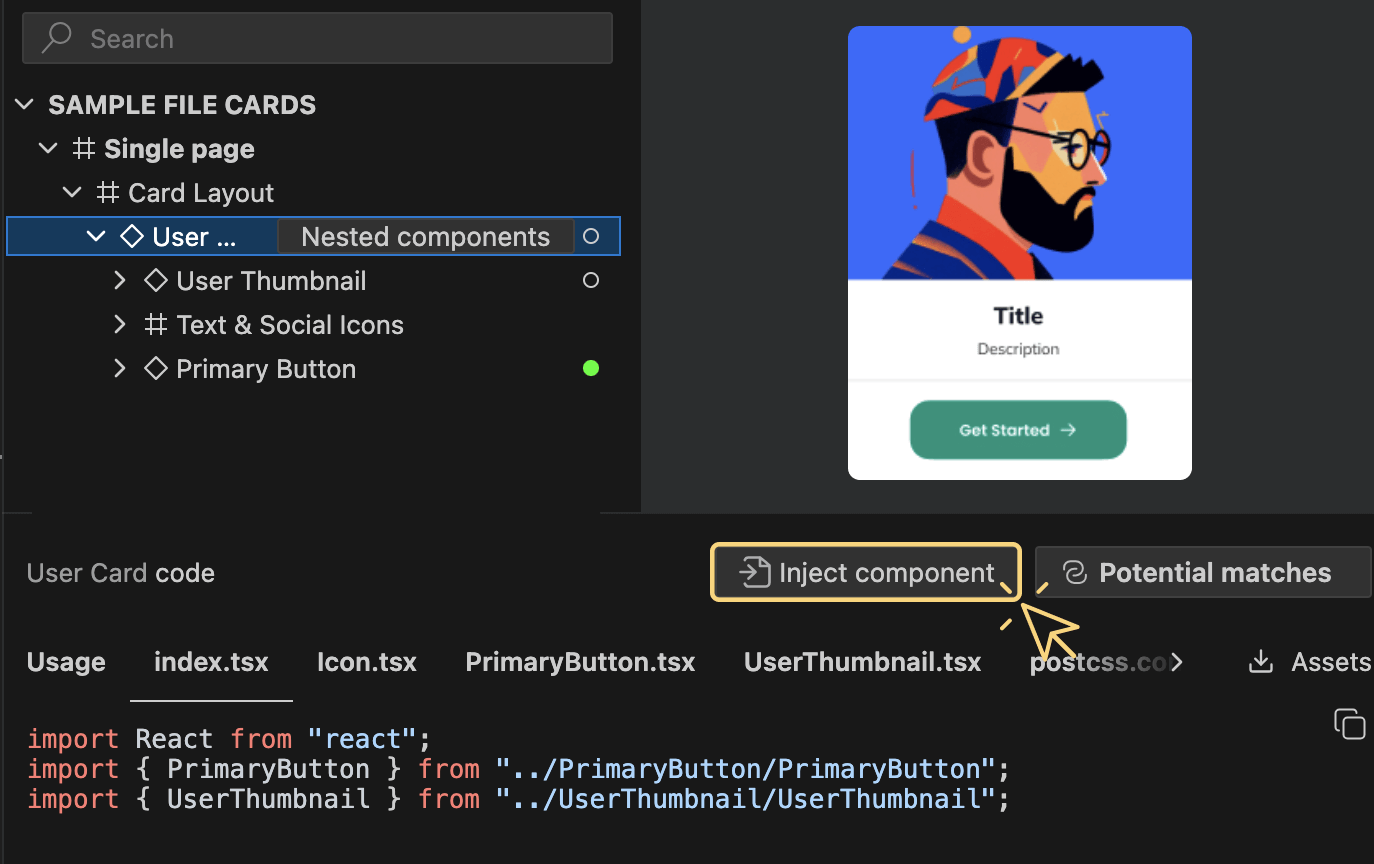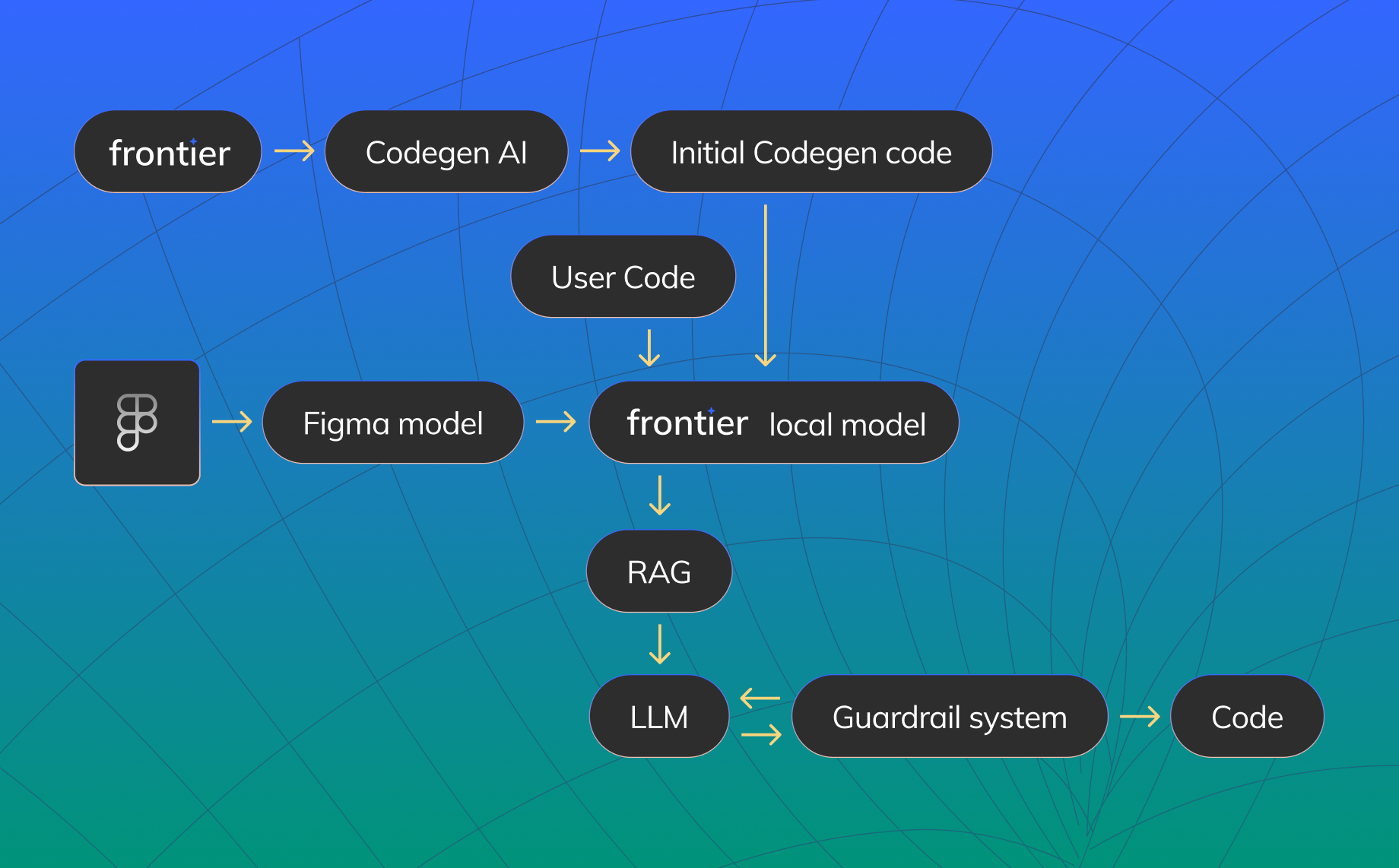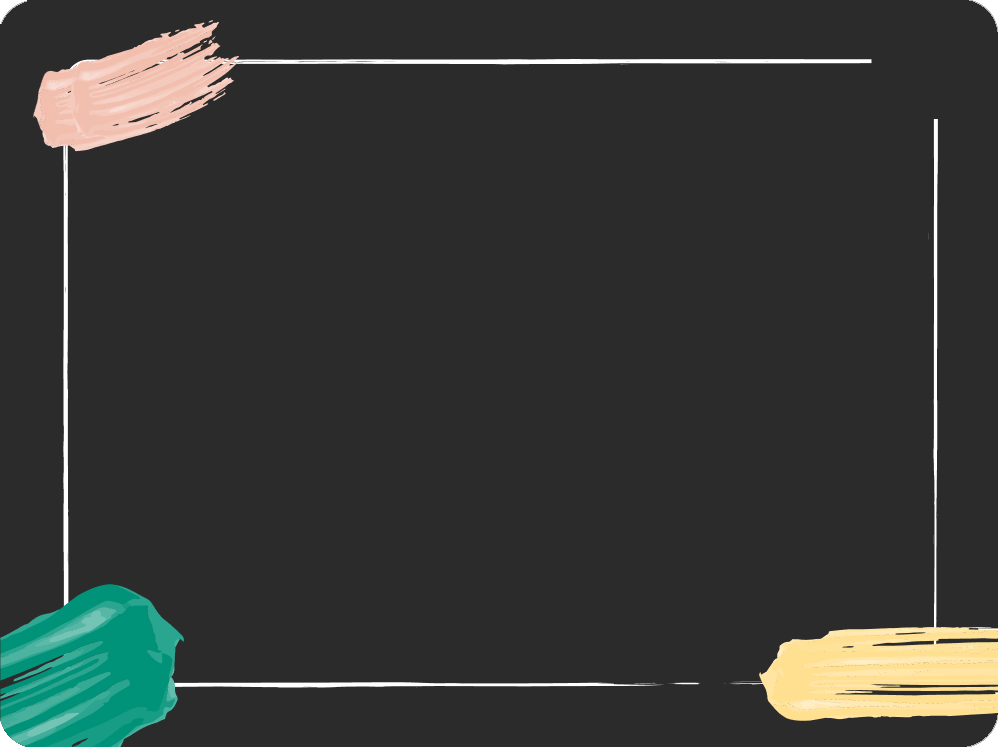LLMs Don’t Get Front-end Code3 min read
Reading Time: 3 minutesLLMs Don’t Get Front-end Code
I see this pattern repeats every few months: A new multimodal LLM comes out, and someone on Twitter takes a screenshot of a game or app and provides it to the LLM, resulting in working code that actually runs.
Hence the meme: Front End Developers, you will soon be replaced by AI…
After so many years of managing software, I should know better. The variation between each team and projects within each team are infinite. Each team uses a different combination of tools, frameworks, libraries, style of coding, CSS language/framework, all of which are constantly changing. Small startups will typically adopt a public Design System and adapt it to their needs, while larger companies would have their own customized Design System components through a dedicated team. Good luck asking an LLM to conform to these requirements, since it has zero context with that combination of tools and components.
So, good luck trying to get the LLM to code in your style, using your front-end components and have an in-depth understanding of design. At best, it can take a 2D image of your screens and make it do something… Turning that result into production code will likely take you longer than to start from scratch.
More so, as the tools evolve, the level of complexity and thought that goes into these combinations make front-end Developers into professional problem solvers. They typically get an impossible Figma design, which they would have to fully understand, then negotiate changes with the designer, until they hopefully can adapt it to the design system. These are very human problems, and require human operators to drive them.
Enter: Useful generative coding
But LLMs are revolutionary and will make a huge impact on developers. Given the right context, AI can locate and correct bugs, help design the software, and turn developers into 10x individual contributors (10xIC). This is precisely what Github Copilot does: It learns from your project and given the huge amount of relevant context, it attempts to predict what you’re trying to accomplish and generate the code for that prediction. Developers get an efficiency boost using Copilot, but just one problem…
Copilot understands concepts like functionality, components, and state. It fundamentally does not understand design. Why would it? It has no context to the design that the front-end developer is using, so when you start creating React components, it will just give you boilerplate code that it most likely learned either from your project or from other designs. I often see it generating an endless round of meaningless HTML gibrish, it’s chance of actually succeeding to predict your design is infinity small. More so, match your particular components and giving you code that’s of value, that’s Sci-Fi…
That’s why many front-end designers either do not use Github copilot at all, or use it for everything apart from design. But what if you could extract context from the design? That’s where Anima Frontier comes in. Frontier has context to the Figma design, including deep understanding of the Figma components, overrides and Figma Design System, as well as your codebase and your design system code components. By matching those, and with the ability to generate scaffolding code based on the Designer’s specifications (and not a static snapshot of their design), the resulting code is a perfect code companion specifically made for front-end developers. It works together with Github Copilot to fill the void that is design.
We do not really think that Designers or Front End Developers are going away any time soon. We don’t think it’s realistic that they’ll be replaced by automated tools. Tools like Frontier are intended to work like Copilot – in making front-end development easier and more approachable. By providing context and assistance to the developer we can turn Front End developers more productive. This is exactly the type of tool I wish I had when I started coding – it’s the perfect way to extract the most from what the Designer has already embedded in the design, sometimes without even realizing it.

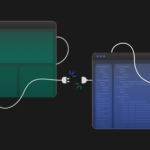
 Figma
Figma Adobe XD
Adobe XD Sketch
Sketch